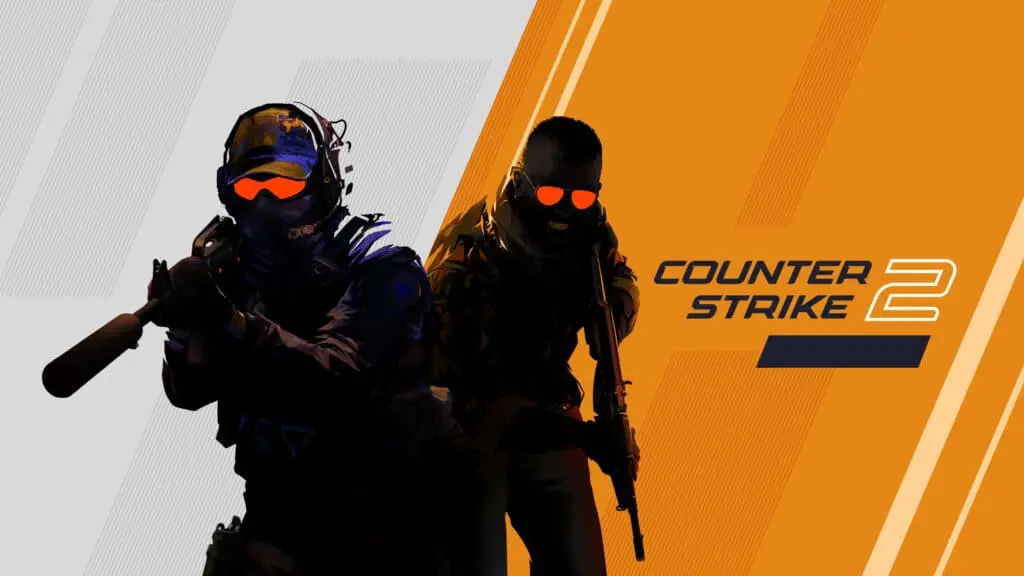79tka Insights
Your go-to source for the latest news and information.
Banning Bad Apples: Why the CS2 Report System is Your New Best Friend
Discover how the CS2 Report System can help you eliminate toxic players and enhance your gaming experience!
Understanding the CS2 Report System: How It Works to Eliminate Toxic Players
The CS2 Report System is a crucial mechanism implemented by Valve to enhance player experience by effectively managing toxicity within the community. Every player can become a part of the solution by reporting unsportsmanlike behavior, which includes cheating, harassment, and offensive language. When players encounter such negative interactions, they can utilize the reporting feature accessible through the in-game menu. This allows for detailed feedback where players can specify the type of misconduct and provide evidence of the behavior, ultimately empowering the community to contribute to a healthier gaming environment.
Once a player is reported, the CS2 Report System initiates an investigative process involving advanced algorithms and community moderators. The system analyzes the reported player's behavior against a range of metrics and patterns, helping to identify genuine cases of toxicity. Players can expect that repeated offenses may lead to various penalties, such as temporary suspensions or permanent bans. By actively engaging in the reporting process, players not only protect themselves but also play a significant role in fostering a more enjoyable atmosphere, making every match a step towards eliminating toxic players.

Counter-Strike is a highly popular first-person shooter game that emphasizes team-based gameplay and strategy. Players can choose to be part of either the terrorist or counter-terrorist forces, with the objective of completing various missions. For players interested in customization, there is a wide range of cs2 knives available to enhance their gaming experience.
Your Guide to Effective Reporting in CS2: Tips to Make the System Work for You
Your Guide to Effective Reporting in CS2 is essential for streamlining your workflow and improving communication within your team. Whether you're dealing with bugs, feature requests, or general feedback, understanding how to leverage the reporting system can significantly impact your project's success. Begin by categorizing your reports into clear types, such as functionality, visual design, or user experience. This allows for easier tracking and resolution of issues, ensuring that nothing slips through the cracks.
When drafting your reports, it's important to provide context. Use the 5 W's technique—Who, What, Where, When, and Why—alongside screenshots or error logs when applicable to enhance clarity. Always be concise yet descriptive; avoid jargon where possible to make your reports accessible to everyone involved. Additionally, consider using bulleted or numbered lists for outlining steps to reproduce an issue. By applying these strategies, you'll ensure that your team can address concerns effectively and efficiently, ultimately making the CS2 reporting system work better for you.
Is Reporting the Key to a Healthier Gaming Environment in CS2?
The launch of CS2 has sparked discussions about maintaining a positive gaming environment, and one factor that frequently comes up is the importance of reporting. In competitive settings, toxicity and negative behavior can significantly impact player experience. By encouraging players to utilize the game's built-in reporting features, developers can gather essential data on disruptive behaviors. This proactive approach not only aids in identifying problem players but also serves as a deterrent, creating a culture where respect and sportsmanship are prioritized in gameplay.
Furthermore, effective reporting mechanisms can lead to faster and more targeted responses from game developers. When players feel empowered to voice concerns about harassment, cheating, or any other detrimental behavior, it fosters a healthier community overall. Strong measures for reporting can evolve over time to include community feedback and adapt to emerging trends within the game environment. Ultimately, the role of reporting in CS2 cannot be understated; it is a cornerstone for building a supportive and enjoyable gaming experience for all players.